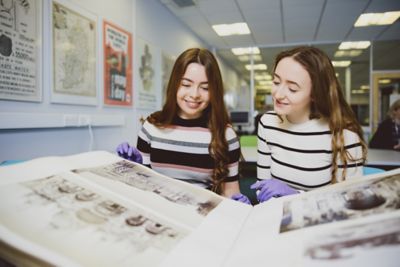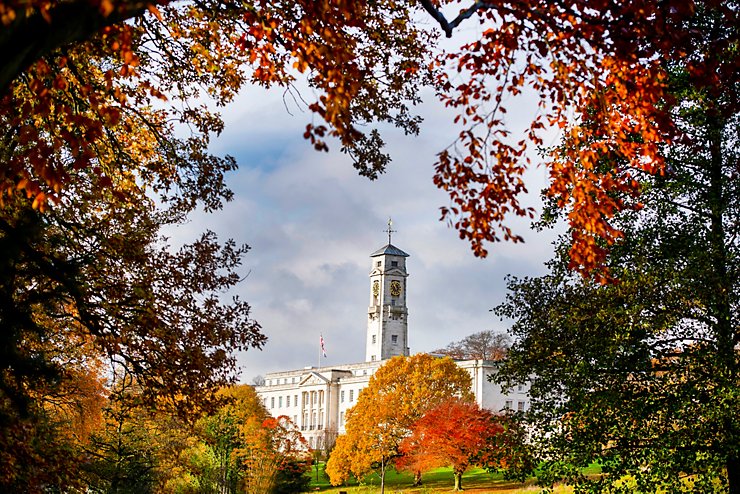Teaching methods on our courses include:
- Lectures
- Seminars
- Workshops
- Tutorials
- Field trips
Student-centred seminars
You will also learn through student-centred seminars. This is where the agenda and approach of the seminar are set by students themselves. You’ll have full support from staff to develop the seminar content and facilities such as the Digital Transformations Hub and Manuscripts and Special Collections to help prepare material.
As well as challenging you academically, these sessions help you to develop vital skills employers really value.
Assessment
The assessment methods for individual history modules vary. As well as traditional essay writing and exams, you may also be assessed by:
- individual or team presentations
- interpretation of document sources or images
- poster presentations
- reviews and reflections on the process of study






















